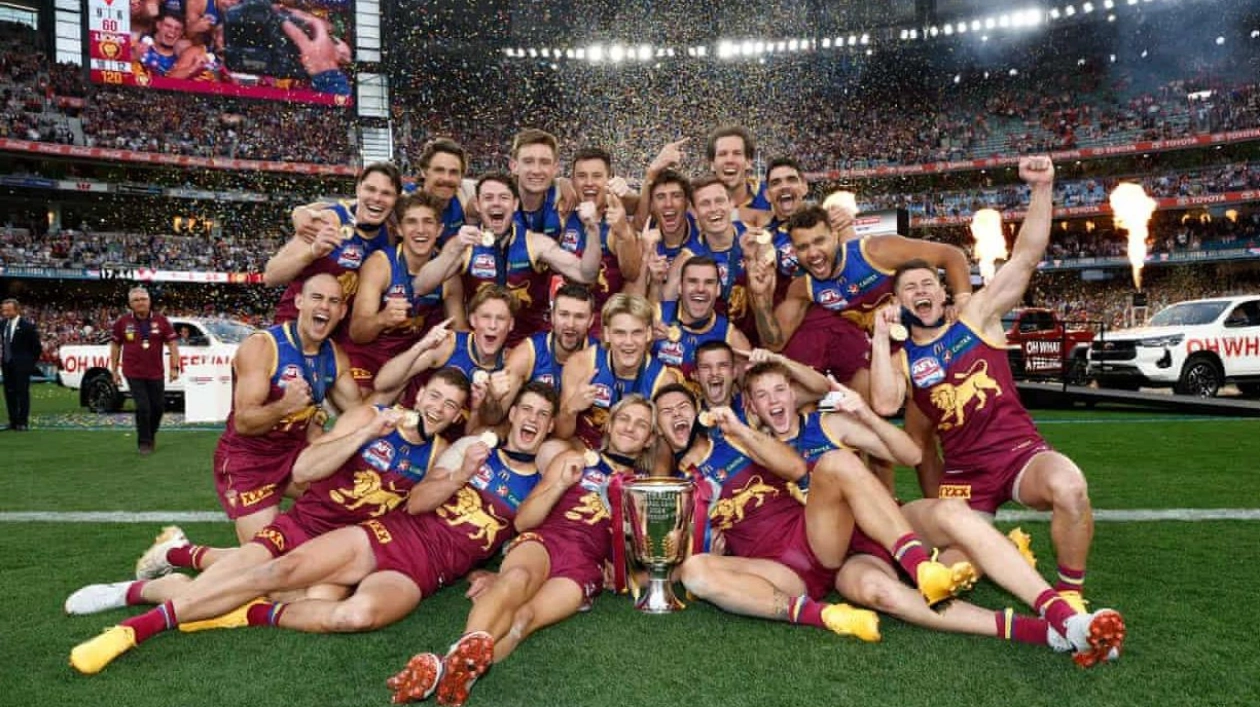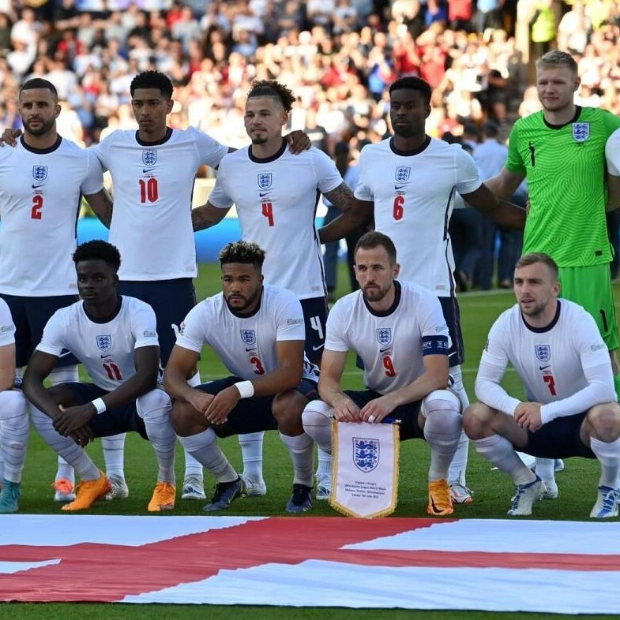Most football fans heading to the MCG today anticipated a tight AFL grand final. But this was a massacre. It was practically over by halftime. Brisbane feasted on Sydney’s weaknesses and clinched their first premiership in over two decades. It left a deep scar in every Swans player and supporter that will take a long time to heal.
The victory was secured with an extraordinary second quarter, where the Lions played flawless football while the Swans were tentative and bewildered. The minor premiers were being outplayed in every aspect—in the ruck, in the midfield, in the air, on the ground, by veterans, and by youngsters. Above all, they simply couldn’t get their hands on the ball. Down by 46 points at halftime, they were in a predicament as dire as the grand final two years ago, if not worse, considering they entered as favorites.
Brisbane won this grand final in numerous ways. They neutralized Sydney’s elite midfield, closed down spaces, and executed superior ball movement. The precision and crispness of their possession chains and the intricate pattern of their passes were almost mesmerizing. The ball weaved its way across the MCG—a blend of short kicks and long, lateral, diagonal, and straight down the line. But most of the crucial passes went through the central corridor. Just as they did a week earlier, they focused on the middle and left no room for doubt. The Swans tried to block it off, but to no avail.
They also achieved it with some outstanding individual performances, with Lachie Neale delivering a blistering first half. He admitted that anxiety got the better of him last year, but this time he was better prepared and more relaxed. He administered a mix of handballs—bullets, soft lobs, and well-weighted, ambidextrous passes that set his wingers and midfielders into space. His feet were crucial to his game today, influencing his evasion of tags and his movement around stoppages. Neale finished with 34 disposals, but the significant ones came early.
The Lions triumphed with a group of young players, but none more crucial than Will Ashcroft, the Norm Smith medallist. He’s only a few years removed from school football at Brighton Grammar—not exactly a breeding ground for tough footballers—but he absorbed everything the Swans threw at him. He was clean, creative, and utterly unfazed by the occasion and the atmosphere, despite being just 20 years old. Kai Lohmann, who has a keen sense of when to assert himself, was also impressive. He doesn’t resemble a key forward, but his instincts and game awareness are top-notch. He was everywhere in the opening term, kicking the first two goals for the Lions and providing significant impact. The Swans couldn’t find a suitable match for him all afternoon.
They won it with several of their less-heralded defenders elevating their games to new heights. Brandon Starcevich, who was Bobby Hill’s support last year, has improved immensely over the past three months. He never conceded front position, remained calm, and never gave Tom Papley any space.
They also won it with their fleet of versatile forwards, who outran Sydney’s defenders. Cam Rayner, Charlie Cameron, and Zac Bailey all exploited gaps, evaded tackles, created space, and generally caused havoc. Cameron, in particular, was like a tracer bullet, zipping across the MCG. He missed his initial set shot but delivered two bone-crunching tackles on either wing, setting the tone for Brisbane’s day. When he curled a superb goal with seconds left in the first term and bowed to the Sydney supporters, Brisbane were well on their way.
Josh Dunkley had his own grand final demons to exorcise, having slipped at the contest that led to Jordan De Goey’s goal last year. But he’s one of the most diligent and reliable players and was critical today. His task was the most important on the ground. He took on Heeney for the majority of their round 19 clash and clamped him better than anyone this season. And so it played out again in the grand final. He never gave the Swans star any space, never allowing his game to breathe. He was excellent both on the ground and in the air.
After the anxieties and missed opportunities of last year’s finish, the final term was a joyous romp, a chance for players and supporters to revel. The Swans scored some consolation goals, but they mattered little. This Lions team was more than seven goals down in a knockout final. Two weeks later, they routed the competition’s glamour team. They became the second team to win four finals in a row under the current system and the second to win a flag from fifth. By midway through the final term, their fans were singing that variation of the old Fitzroy anthem with gusto. This song, every one of them would have told you at that precise moment, will never end.






